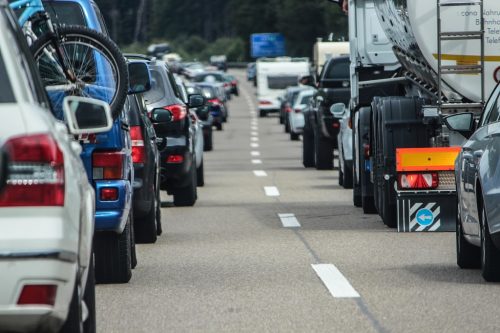
Our bus industry insider paints a gloomy picture of the current state of the industry, but does feel that something can be done
It is not that our industry has not been through cycles of peaks and troughs in the past, but the current low point has a more sinister feel to it than most other phases of the obstacle course it has trodden throughout my career, and morale with the prevailing uncertainties is the lowest I can ever remember. It is of course spilling over into new bus manufacturing levels as well.
The deleterious effects of internet shopping on the fortunes of the traditional high street and therefore bus companies’ patronage have been well aired. I will therefore limit my comments to hoping the most recent signs, that Chancellor Hammond is beginning to wake up to the fact that the current system and level of business rates is overly punitive, might actually become a reality and galvanise him into action. His and his predecessor’s niggardly refusal to increase fuel duty in the decade has of course largely caused the phenomenal rise in traffic volumes which now besets us. […]
By subscribing you will benefit from:
- Operator & Supplier Profiles
- Face-to-Face Interviews
- Lastest News
- Test Drives and Reviews
- Legal Updates
- Route Focus
- Industry Insider Opinions
- Passenger Perspective
- Vehicle Launches
- and much more!


